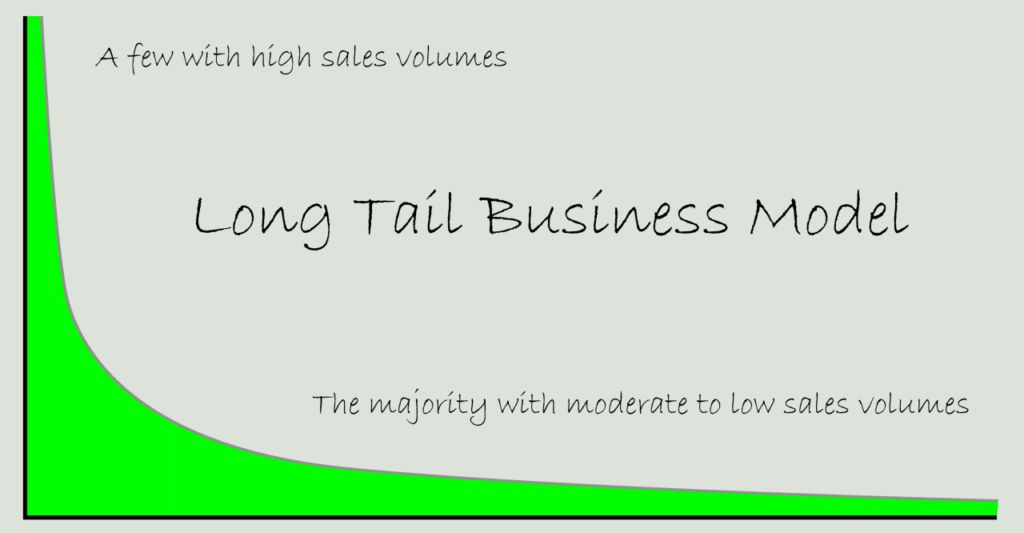The term “disintermediation” seems to be popping up more these days, as if the concept is something new. It’s really just a fancy way of saying “cutting out the middle man” or “going right to the source”. If you remember Webvan from a few years ago, they tried (and quickly failed) to disintermediate the retail supermarket industry by delivering groceries direct to consumers. You succeed where Webvan failed every time you go to your local farmer’s market and buy what they’ve grown directly out of the back of their trucks. If you want to take this food supply chain disintermediation example to its ultimate level, grab a hoe and go plant your own garden.
I set out to talk about disintermediation in today’s publishing industry. I must be hungry.
The “traditional” publishing model puts many intermediaries—gatekeepers, if you will—between the author and the reader. In its simplest form, an author contracts with a literary agent to represent a manuscript to one or more publishers. If the manuscript is accepted, the author and literary agent contract with the publisher to finalize, produce, distribute, and market the manuscript in the form of a finished book. Only then is the reader presented with an opportunity to experience the author’s story, with very little chance of ever interacting directly with the author.
The “new” self-publishing model puts the author almost directly in contact with the reader. I think at least some of today’s self-published authors see themselves as pioneering disintermediators of the publishing industry, bypassing the gatekeepers of the Big Six and other publishers by taking their stories directly to the reader. But as far as being pioneers, I think those self-published authors and self-proclaimed iconoclasts have it a bit wrong.
In terms of human history, the “traditional” publishing model is relatively new. While Irish monks may have saved Western civilization by meticulously hand-copying and thus preserving many Greek and Latin texts, Gutenberg’s mechanical movable type started the Printing Revolution in the year 1440. Without movable type, the Renaissance, the Age of Enlightenment, and the Scientific Revolution all would have had a much tougher time getting off the ground. Without Gutenberg’s invention (and all those Irish monks with writer’s cramp) knowledge would have spread much more slowly. Our modern world would look much different without those six or seven centuries of literary agents, publishers, and printers intermediating to spread literature and knowledge to people of all walks of life.
But what was happening before the year 1440? From the dawn of human history until then, the vast majority of people received their literature and knowledge directly from another person, in the forms of myths, legends, tales, songs, epic poems, and folklore in our rich and now almost forgotten oral tradition. No writing systems. No intermediaries. The village medicine man, tribal elders, minstrels, bards, and other storytellers had the ears of anyone within the sound of their voice. From generation to generation in every culture, knowledge was passed along orally, with each generation adding new stories of their own. The Printing Revolution may have given birth to many vital movements, but it effectively put a halt to our rich traditions of person-to-person oral history, oral lore, oral law, and oral knowledge . . . until very recently.
Just a few short years ago, what is perhaps the ultimate disintermediator came into being. Without the Internet, today’s Renaissance of Self-Publishing may never have gotten off the ground. After a six or seven century hiatus, the storytellers of our time finally have the ears of their listeners again. Well, almost.

